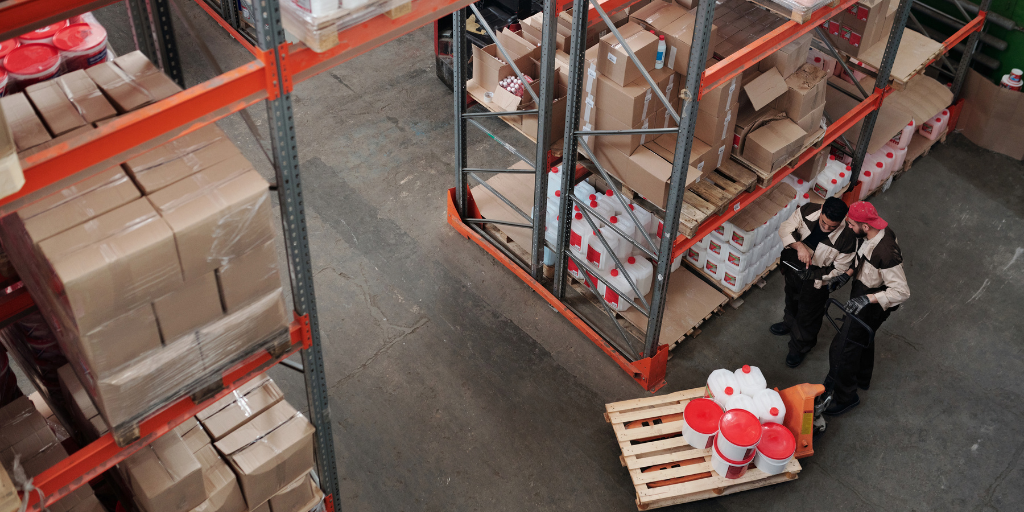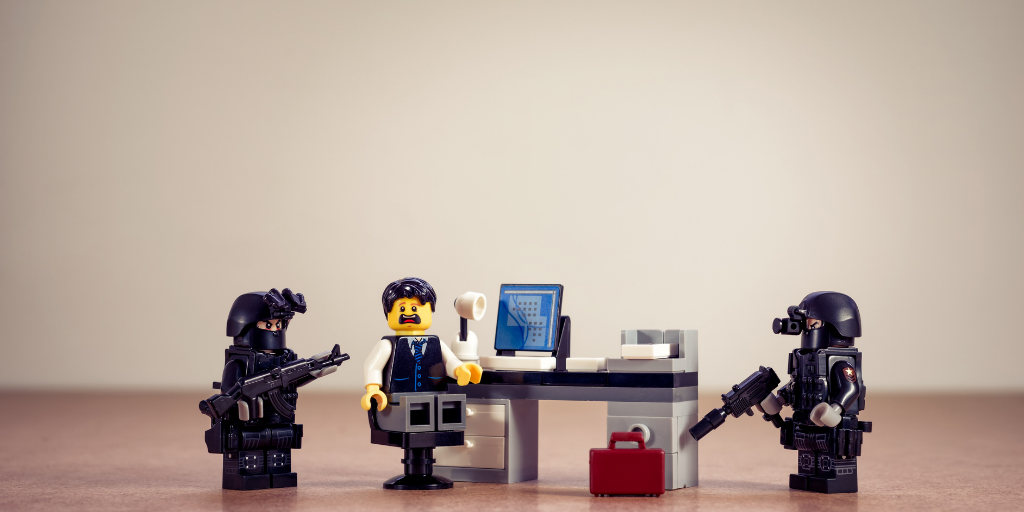
The technology cycle is almost always the same — too much hype, leading to disappointment, followed by mass adoption.
Cloud, IoT, Blockchain, 5G — at TradeCloud, we are using all of them. Whilst there have been many disappointments along the way, the path is clear and automation of the commodities industry is on the way. We are linking contracts, documents and physical cargoes in a way never achieved before.
This has far-reaching implications for the financing, tracking and settlement of physical cargos.
What’s the problem? Paper, paper, paper!

The boring stuff first — For every transaction in the commodities trade, there are some key documents that need to be produced — Contract, Invoice, Title Document (Bill of Lading or Warehouse Receipt) Certificate of Origin and Quality Certificate.
Today these are mainly paper documents that are passed around from office to office and bank to bank. It is hard to validate their authenticity, origin and accuracy, as they can go through numerous hands before they reach the final consumer. Essentially you need to trust the party that is providing these documents that they are fully legitimate (and indeed that they received them from a trustworthy party because they can be tricked too).
Eliminating paper and going electronic can significantly reduce the risk of fraud, but that is not the end of the story.
Who owns what and when?

Most people believe that the entity holding the Bill of Lading is the legal owner of the goods. However, imagine a scenario where a manufacturer sells his goods to a customer where payment is 60 days after arrival at the port. The customer needs to receive the bills of lading in order to discharge the goods.
Although the customer has the control of the cargo (via the Bill of Lading) he does not have the title. Under most commodity contracts, the title is only transferred when payment is made. However, there is very little to prevent the customer from taking those Bills of Lading and refinancing the cargo with a bank.
Since the Bill of Lading is essentially remote from the contract, it is very hard to prove who owns what at any given time.
Association of documents with contracts is a game-changer when it comes to Trade Finance.

With traditional trade finance, when a supplier wishes to finance a transaction with a bank, they will provide the underlying contract as evidence of the trade and sign a trust receipt passing certain rights to the financing bank. As the transaction progresses this will be followed by documents such as a Bill of Lading, Quality confirmation and Invoice.
All through this process, the bank needs to trust the party that;
- The underlying transaction is legitimate
- The documents are genuine
- The title document and invoice is exclusive to that specific contract and no other
- That the buyer accepts all of these documents are valid and have no reason to reject them.
Fraud in the commodities industry has come in many shapes and sizes, but the most common is double financing of cargoes and invoices. It’s just too easy. So far, this type of fraud has been very hard to detect and requires significant manual due diligence to eliminate the risks.
How can TradeCloud (with its partners) significantly reduce the risk of fraud in the commodities industry?

The answer is simple — “through the application of technology at every point in the life cycle of the trade and by working with trusted parties in a secure IT environment”.
The TradeCloud platform records transactions and interactions. This means that if a transaction (or interaction) is shared with you, you know for certain who did what and when. It is as simple as email “cc” but made with validated entities and permissioned individuals and recorded using R3 Blockchain technology.
By bringing together the right partners, we hope to close the loop on fraud; whilst at the same time providing a simple and user-friendly interface.
We are currently working with:
BOLERO
- Electronic Bills of Lading
- Efficient and productive processing
- Easy transfer control of the goods
CONTOUR
- Digital Letters of Credit
- One connected platform — easy integration
- Streamline administration using APIs
ROAMBEE
- On-demand goods and assets monitoring
- Tracking indoors, outdoors and in-transit
- Real-time logistics visibility
Why now and why not before?

Before you roll your eyes and say you have heard it all before, I can tell you that linking contracts with documents in this way has never been achieved like this. Never before has there been a system that can cater for all aspects of a trade in a single place.
The reason why not is simple. The technical possibilities were just not there to provide such complexity, scale and connectivity. In the beginning, the internet was seen as a fad, mobile as a way for rich people to call each other and Cloud as too risky. Hype, leading to disappointment, leading to mass adoption.
So now, when everyone has become fed up with hearing about Blockchain, is the time to take action. Pick out the platforms that have validated their use case, grown their user base, and invested in connecting their services with others.
Those are the platforms, like the successful dot-coms, which are about to take off and take their customers along with them on that journey.
If you want to know more about how we can improve your processes and reduce your risks, then join our upcoming webinar.

ABOUT AUTHOR
SIMON COLLINS
Founder and Chief Executive Officer
Simon has over 25 years’ experience in the commodities business. Prior to TradeCloud, he managed the Global Refined Metals Department at Trafigura for 5 years and subsequently appointed to the Management Board, taking responsibility for the Group’s Metals & Minerals.
ABOUT US
At TradeCloud, we know that the commodities industry needs a secure communications platform bringing trusted parties together to carry out business. We are enabling communications with cutting-edge technology that gives our customers improved Visibility, Efficiency, Compliance, Collaboration and Security compared to their traditional communications channels.
Built by people who truly understand the physical commodities business TradeCloud is a secure network of trusted parties enabled to find and execute the optimal Trade. Established in 2016, TradeCloud has more than 500 member companies across more than 60 countries.
TradeCloud Commodities Web using cloud computing, and blockchain technology connect post-trade services such as freight, finance, and risk management and is driving unparalleled digital change across the physical commodities industry.
Write to us at info@tradecloud.sg or visit www.tradecloud.sg to know more.
